detail profile chico diaz
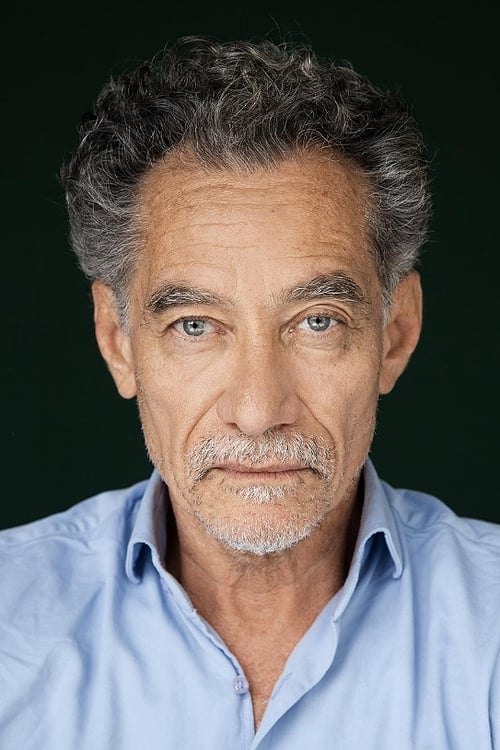
Chico Diaz
Chico Díaz
atau dikenal sebagai
Riwayat Hidup
Francisco Díaz Rocha, known as Chico Díaz (Mexico City, February 16, 1959), is a Peruvian-Brazilian actor born in Mexico.
Graduated in architecture and urban planning, he worked in theater from the age of fourteen.
His first work in his artistic life was in 1982 on the big screen in O Sonho não Acabou.
With all the main awards in Brazilian cinema, namely Gramado Brasília, Recife and Rio de Janeiro, he is one of the most versatile and present actors on Brazilian screens with more than 80 films made in Brazil and abroad.
Info Pribadi
Peran Yang Di Mainkan Chico Diaz
 Rio Branco Acre an Amazon city...
Rio Branco Acre an Amazon city...Alien Nights 2023
Rio Branco, Acre, an Amazon city near the border with Peru and Bolivia, has been suffering the violent impacts of recent changes in trafficking routes, which have arrived with violence in the Brazilian Amazon. In this scenario, the lives of three young childhood friends intertwine and ultimately, they find themselves in a common tragedy.
 Besieged by cancer and nearing the...
Besieged by cancer and nearing the...Babenco: Tell Me When I Die 2020
Besieged by cancer and nearing the end, the genius Argentine-Brazilian filmmaker Héctor Babenco (1946-2016) asks Bárbara Paz, his wife, for one last wish: to be the protagonist of his own death.
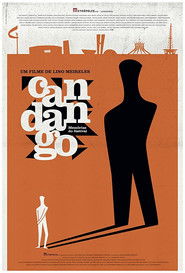 In 1965 a year after the military...
In 1965 a year after the military...Candango: Memoirs from a Festival 2020
In 1965, a year after the military coup in Brazil, an oasis of freedom opened in the country's capital. The Brasília Film Festival: a landmark of cultural and political resistance. Its story is that of Brazilian cinema itself.
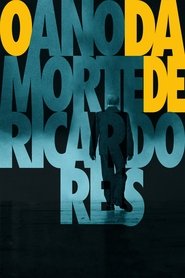 Fernando Pessoa one of the greatest...
Fernando Pessoa one of the greatest...The Year of the Death of Ricardo Reis 2020
Fernando Pessoa, one of the greatest writers in Portuguese, created an immense parallel world and several heteronyms so as to endure the loneliness of genius. José Saramago, 1998 Nobel Laureate in Literature, has a heteronym, Ricardo Reis, return to Portugal after a 16-year exile in Brazil. 1936 is a perilous year with Mussolini’s fascism, Hitler’s Nazism, Spain’s Civil War and Salazar’s New State in Portugal. And Fernando Pessoa meets his creation, Reis. Two women, Lídia and Marcenda, are Reis’ carnal and impossible passions. “Life and Death as one” allows for literature and cinema.
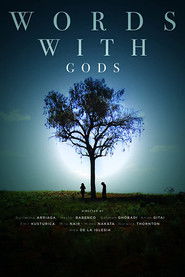 The first of four installments in...
The first of four installments in...Words with Gods 2014
The first of four installments in the groundbreaking Heartbeat of the World anthology film series. Comprised of several short films by some of the world's most exciting directors, Words with Gods follows the theme of religion - specifically as it relates to an individual's relationship with his/her god or gods...or the lack thereof. In Words with Gods, each director recounts a narrative centered around human fragility, as well as environmental and cultural crises involving specific religions with which each has a personal relationship; including early Aboriginal Spirituality, Umbanda, Buddhism, the Abrahamic faiths, Hinduism, and Atheism. An animated sequence by Mexican animator Maribel Martinez is woven through each of the film segments, with each segment narratively connected as a feature-length film.
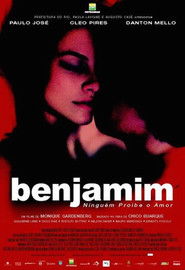 Benjamim Zambraia is a lonely man...
Benjamim Zambraia is a lonely man...Benjamim 2003
Benjamim Zambraia is a lonely man, a famous model with a tragic past. Some time in the past, he showed some officers the exact location where the woman he loved was hiding with her guerilla lover. As a result, the two were killed. One day, he casually meets a woman who looks very much like his former love, and this fact changes his life. Could she be the daughter of his great love? Or her reincarnation?
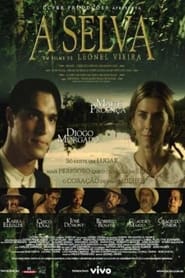 Young man of Portuguese nobility ascendancy...
Young man of Portuguese nobility ascendancy...The Forest 2002
Young man, of Portuguese nobility ascendancy, starts working in a rubber plantation in the Amazon, in 1912, and falls in love with pretty Yayá, a married woman.
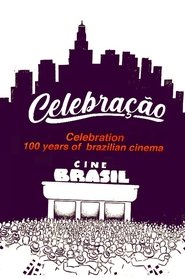 Portraits and excerpts from Brazilian films...
Portraits and excerpts from Brazilian films...Celebração - 100 Anos do Cinema Nacional 1997
"Portraits and excerpts from Brazilian films from all times. Actors, directors and images that affirm cinema."
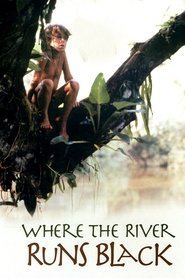 An orphaned boy who was raised...
An orphaned boy who was raised...Where the River Runs Black 1986
An orphaned boy who was raised in the Amazon jungle is brought back to civilization by a priest who knows his father.
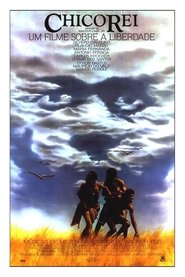 Galanga king of Congo brought to...
Galanga king of Congo brought to...Chico Rei 1985
Galanga, king of Congo brought to Brazil as a slave, finds gold in Vila Rica, in the State of Minas Gerais, and buys his enfranchisement, the properties of his former owner, and his companions' freedom, becoming Chico Rei, the first black man to own lands in Brazil.
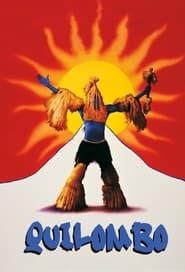 Quilombo dos Palmares was a reallife...
Quilombo dos Palmares was a reallife...Quilombo 1984
Quilombo dos Palmares was a real-life democratic society, created in Brazil in the 17th century. This incredibly elaborate (and surprisingly little-known) film traces the origins of Quilombo, which began as a community of freed slaves. The colony becomes a safe harbor for other outcasts of the world, including Indians and Jews. Ganga Zumba (Toni Tornado) becomes president of Quilombo, the first freely elected leader in the Western Hemisphere. Naturally, the ruling Portuguese want to subjugate Zumba and his followers, but the Quilombians are ready for their would-be oppressors. The end of this Brave New World is not pleasant, but the followers of Zumba and his ideals take to the hills, where they honor his memory to this day. Writer/director Carlos Diegues takes every available opportunity to compare the rise and fall of Quilombo with the state of affairs in modern-day Brazil.
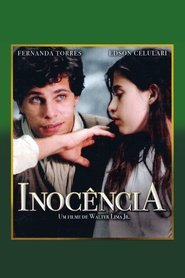 In the 19th century a country...
In the 19th century a country...Innocence 1983
In the 19th century, a country girl is seduced by a young doctor who's staying at her house for a few days, caring for her, and tries to hide the forbidden romance from her father, who disapproves of the relationship.
 In 1925 Gabriela a poor uneducated yet...
In 1925 Gabriela a poor uneducated yet...Gabriela 1983
In 1925, Gabriela, a poor, uneducated, yet charming woman becomes cook, mistress, and then wife of Nacib, a bar owner in Ilhéus, a small Brazilian coastal town run by the local colonels.
 Follows the story of Johannes Van...
Follows the story of Johannes Van...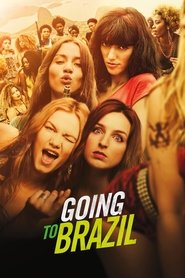 Four childhood friends are reunited at...
Four childhood friends are reunited at...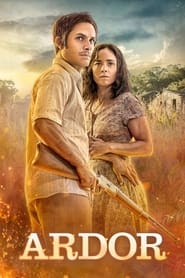 Ka is a mysterious shaman who...
Ka is a mysterious shaman who...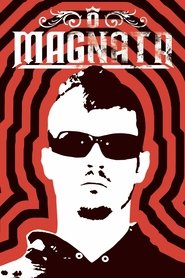 An uppermiddle class punk singer Andre...
An uppermiddle class punk singer Andre... In Northeastern Brazil twelveyearold Maria is...
In Northeastern Brazil twelveyearold Maria is...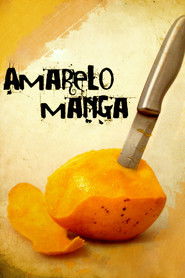 The lives of a macho butcher...
The lives of a macho butcher...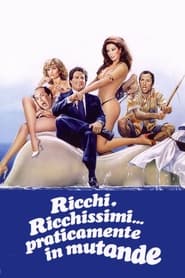 A stories of three really unlucky...
A stories of three really unlucky...